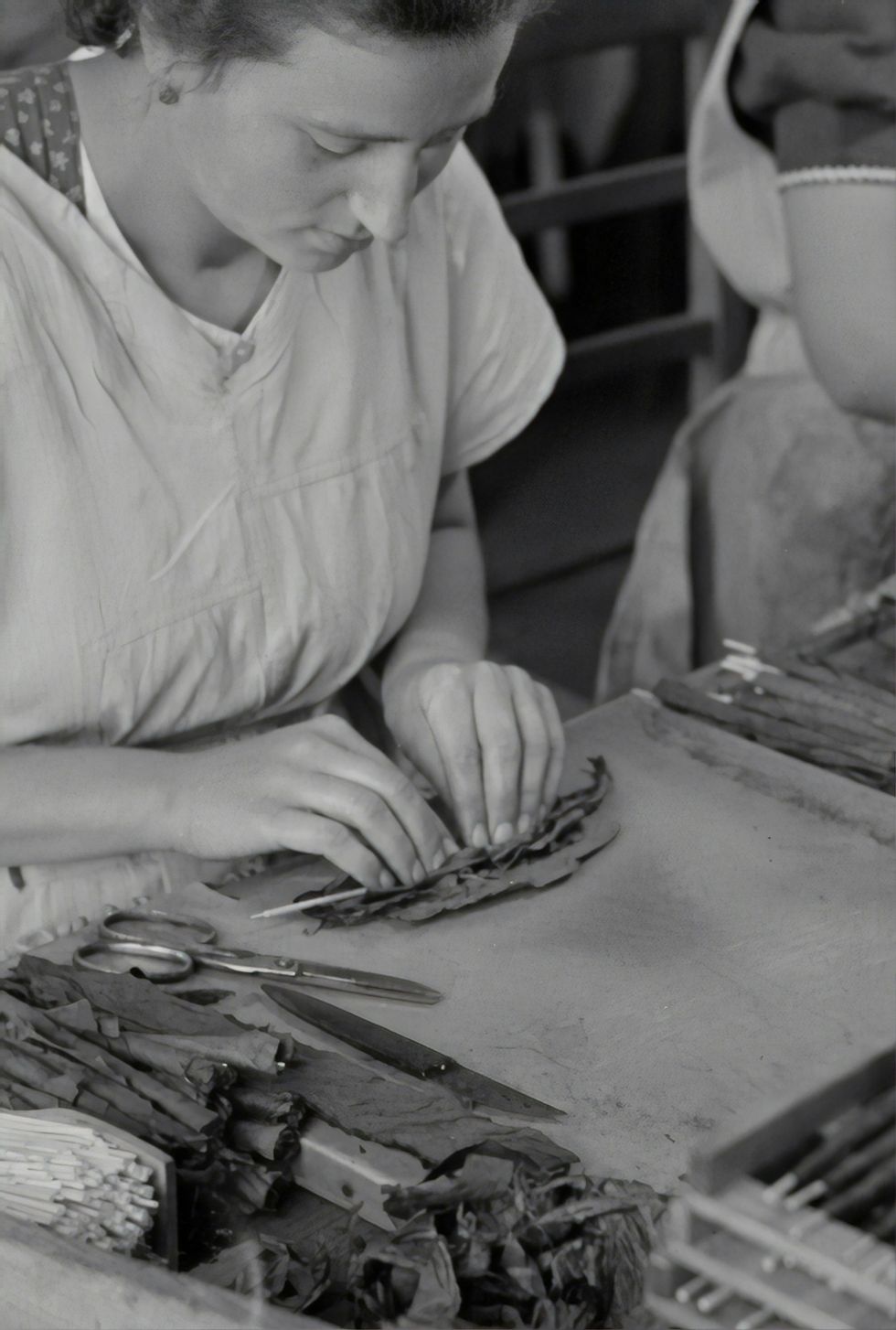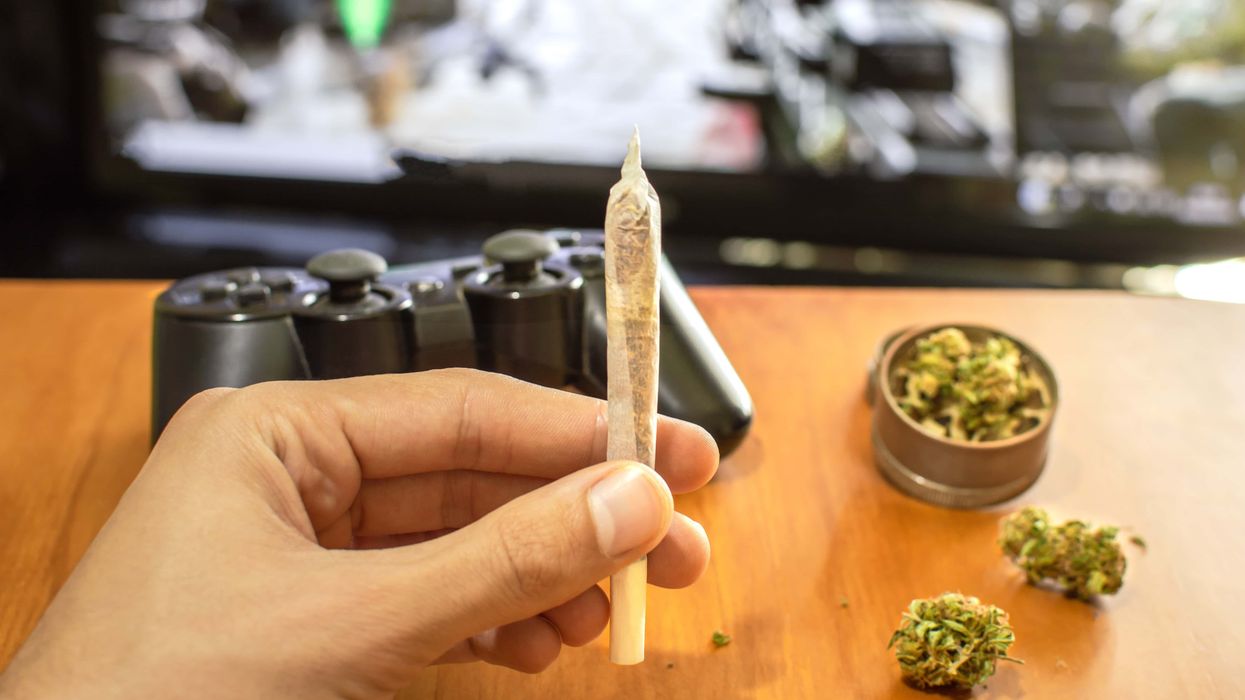In Kentucky’s latest medical marijuana license lottery, out-of-state companies overwhelmingly came out on top again, leaving local businesses struggling to compete.
Following a trend that began with Kentucky’s cultivator and processor licenses in October, only one of the 36 businesses awarded dispensary licenses in November was entirely composed of Kentucky residents. Thirty-three winners had no prior ties to the state, raising concerns about fairness, economic benefits, and the dominance of out-of-state investors.
Who’s Winning Kentucky’s Medical Marijuana Licenses?
A review of state applications revealed significant out-of-state influence:
- Over 50% of the winners listed executives affiliated with cannabis businesses operating in other states.
- Four licenses were awarded to companies connected to Arkansas-based Dark Horse Cannabis, continuing its success from the October cultivator and processor lottery.
- Two licenses in Bowling Green went to companies associated with Michigan real estate firm Canna Zoned MLS.
These results highlight a trend where deep-pocketed out-of-state players flood Kentucky’s lottery system with hundreds of expensive applications, crowding out smaller, local businesses. Sean Clarkson, co-founder of Dark Horse Cannabis, organized over 350 companies in Kentucky, submitting more than 100 applications for cultivator licenses earlier this year and nearly 250 dispensary applications in November.
Local Backlash Grows
Critics argue the process favors big money over local opportunity. Kentucky hemp farmers and small business owners, once hopeful participants, have been particularly vocal about their frustration.
On LinkedIn, Jason Ambrosino, a NY-based licensed cannabis business owner and small (cannabis) business advocate, criticized the process, saying:
“Every dollar of a small local business stays in your community. Every dollar of an out-of-state conglomerate sends it elsewhere. Is this really that hard of a concept to understand?”
Industry professionals like Scot Trifilo from TenTen Farms in NY State emphasize the importance of small-batch producers and educating consumers:
“Budtenders need to meet the farmers and processors that grow and make what they sell. Education is key.”
However, others argue the realities of consumer demand drive the market. A Kentucky-based dispensary executive commented:
“Majority of consumers care about the lowest price and the best products. Communities focused on survival aren’t paying attention to taxable money. It’s a vicious cycle.”
State Defends the Lottery Process
Governor Andy Beshear has defended the lottery system, emphasizing that it was designed to be “fair and transparent” while avoiding lengthy legal battles that have delayed programs in other states. He acknowledged the concerns but noted:
“Companies with experience may get this to the market faster. A competitive scoring system could have led to lawsuits and delays of two to four years.”
The Kentucky Office of Medical Cannabis also reiterated that applicants adhered to state regulations, though concerns remain about potential “management agreements” and out-of-state operators skirting rules against vertical integration—owning multiple license types.
While the program officially launches on January 1, 2025, it will take months for dispensaries to open as cultivators grow their crops and products pass through processing channels. In the meantime, Kentucky’s cannabis industry remains under scrutiny.
Local advocates are pushing for greater opportunities for small businesses and tighter restrictions to level the playing field. As one cannabis insider put it:
“It’s up to the retailers and their budtenders to educate customers about what makes top-tier cannabis. Otherwise, we risk losing quality and community impact to big players chasing volume and margins.”
The outcome of Kentucky’s lottery system raises key questions: How can states balance fairness, local economic benefit, and speed when launching cannabis programs? While out-of-state operators may bring experience, critics argue they undermine the very communities the industry is supposed to uplift.
For Kentucky, the road ahead will require a careful balance to ensure its burgeoning cannabis market delivers on its promise to patients, businesses, and local economies alike.







 How to Make a Cannagar Without a Mold: A Comprehensive Guide - The Bluntness
Photo by
How to Make a Cannagar Without a Mold: A Comprehensive Guide - The Bluntness
Photo by 






 Can Drug Dogs Smell Edibles? - The Bluntness
Photo by
Can Drug Dogs Smell Edibles? - The Bluntness
Photo by  Can Drug Dogs Smell Edibles? - The Bluntness
Photo by
Can Drug Dogs Smell Edibles? - The Bluntness
Photo by 


 How Does Cannabis Use Affect the Gaming Experience? - The Bluntness
Photo by
How Does Cannabis Use Affect the Gaming Experience? - The Bluntness
Photo by  Are There Specific Game Genres That Are More Enjoyable When Using Cannabis? - The Bluntness
Photo by
Are There Specific Game Genres That Are More Enjoyable When Using Cannabis? - The Bluntness
Photo by